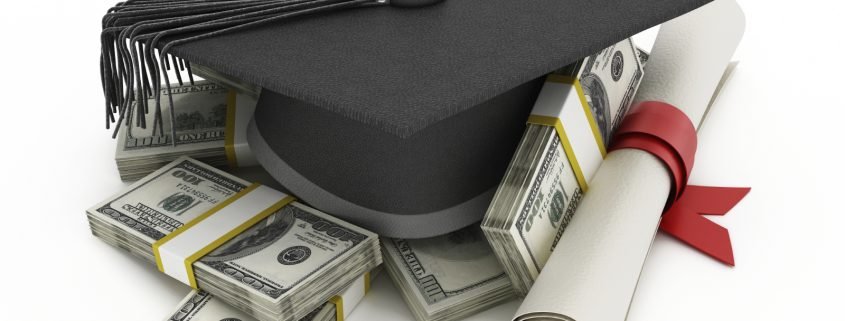7 Things you can do this year to improve your credit
Whether you want to purchase a house or a new car, you need a good credit score to get approved and get a decent interest rate.
There are things you can do to improve your credit score. However, the process takes time because your score shows your money management habits over a several-year span. Here’s what you can do today to improve your score.

Pay bills on time
Late or missed payments are a credit score killer. One way to make sure you pay on time is to set up a monthly payment with your bank. Don’t make the mistake to schedule the payment for the day it’s due. Instead, schedule it for a day after you get paid. Otherwise, you risk running short of money when the due date comes.
Alternatively, create a calendar event on your phone. There are plenty of scheduling apps that will remind you of payment due dates. It will only take a minute or two to set it up.
Lower your credit card balances
A major factor in calculating your credit score is the ratio of how much credit you have available versus how much you are actually using. Lenders recommend you to keep a credit utilization rate of 30% or less. Pay down the balance and try to maintain the balances at 30% or less, if possible.
Pay off small balance credit cards
How many cards you have with a balance is also a part of your credit score calculation. If you happen to have quite a few cards, try to pay the ones with a small balance off. It is better to have one or two cards and use them for the major purchases. Furthermore, getting rid of small debts will give you a psychological boost to pay off bigger sums in the future.
Keep old debt on your report
As already mentioned, a report shows how you handle your debt and how financially responsible you are. There is no need to remove a debt from your report (like a car loan you paid off). Leave it on your report to show future creditors that they can trust you with your next loan. Besides, the old debt will be gone from your report in seven years.
Pay attention to your credit score
Get used to checking your credit score regularly. There you can see exactly what needs improvement. Download Credit Sesame to get payment reminders, organize your debt and even get a sample credit score (an estimate, not your exact FICO score).
Negative credit report
Understanding negative reporting is important because negative information not only stays in your report for seven years (ten for bankruptcy), but it also lowers your score. The causes are usually late payments, debt collections, judgments, charge-offs, repossession, foreclosure, tax liens, or even bankruptcy. If you want to settle a debt you cannot pay in full, make sure you understand the full terms of the “re-negotiation”. It is better to pay in a settlement than to declare bankruptcy so make sure you carefully consider all your options.
Bonus tips
There are not many ways in which one can improve their credit score. It is pretty straightforward – do not be late with your payments and the overall score will increase.
Do not take risks
One of the best things to do while trying to better a credit score is to play it safe. Two of the biggest risks for your credit score are missing payments (for which, as mentioned above, an app can help) and suddenly paying less than normally.
Don’t focus on your credit too much
If you just pay everything on time, your score will slowly but surely improve. There are no shortcuts and there is no need to stress out. Be patient and watch your credit score get better month by month.
Know the types of debt
Credit cards are probably the first thing we think of when debt is mentioned. Credit card debt is one of the most common debts, along with student loans, and medical debt. But there are many more consumer debts, like mortgage, car loan, utilities, phone bills, installment plans, services, etc. What all consumer debts share in common is the fact that they are all covered by Fair Debt Collection Practices Act. As the name implies, the act sets some limits for debt collectors and protects certain rights of consumers.
Improving your credit score takes time and persistence, but it is not impossible. The earlier you start taking action, the sooner you will be able to meet your financial goals: getting a mortgage for your dream home, purchasing the dream car or even pursuing educational growth.









